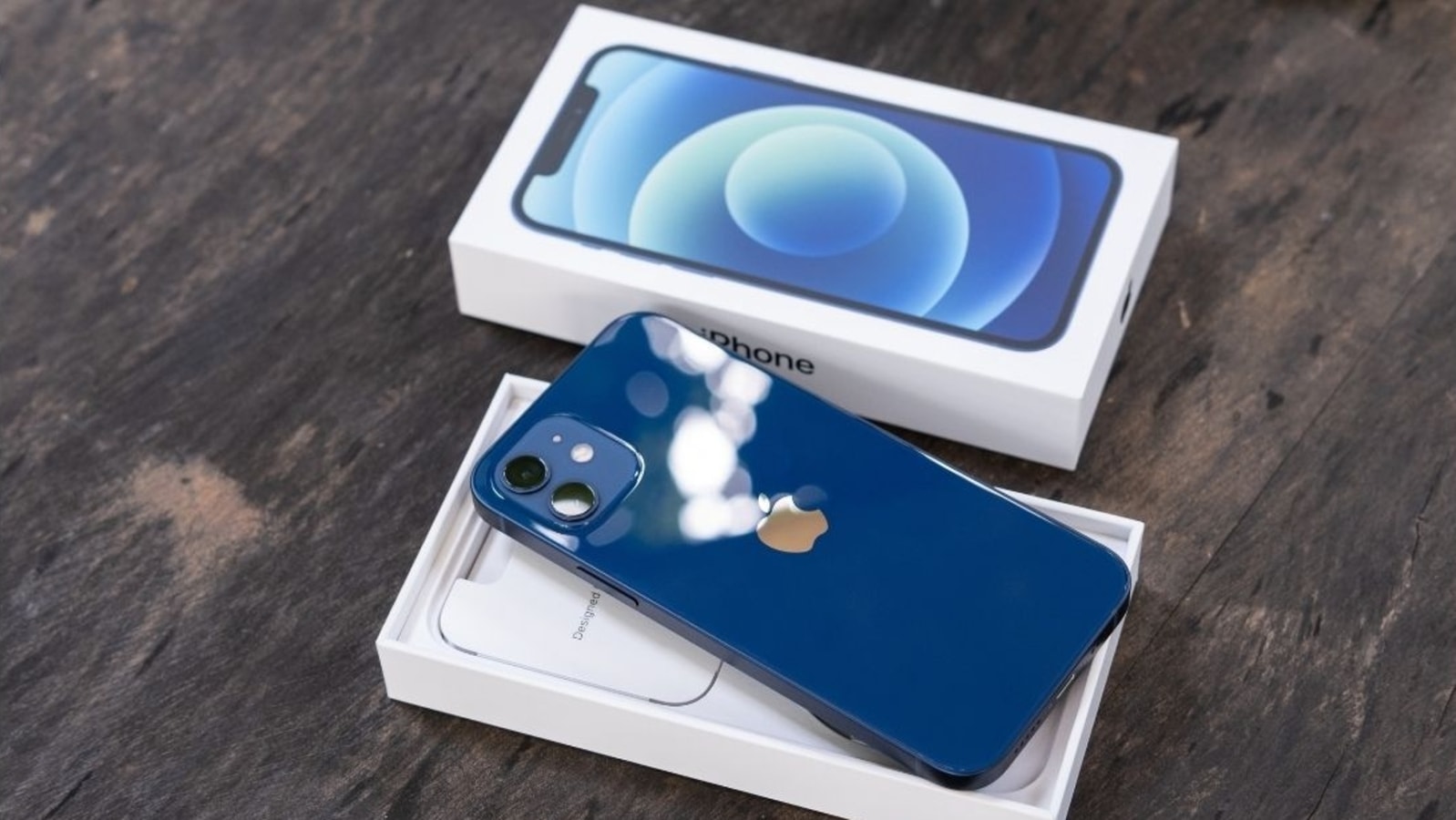Early benchmark results have shown the A16 Bionic chip to have a significant lead over an upcoming Snapdragon 8 Gen 2 chip.
Snapdragon 8 Gen 2 has been announced for the Android flagships of the world and Qualcomm has made some tall promises with power efficiency and overall performance. However, an early Geekbench visit of the chip in an upcoming Vivo smartphone has revealed a worrying concern for all the Android enthusiasts. For all that it promises, the Snapdragon 8 Gen 2 may not be any faster than the Apple A16 Bionic chip, which is said to be a mild tweak of the A15 Bionic chip from last year.
Based on a report from Gadgets360, a Geekbench test reveals that the Snapdragon 8 Gen 2 on an upcoming Vivo smartphone has scored a single core score of 1483 and a multi-core score of 4709. These are fairly high scores for an Android device and could make this Vivo smartphone one of the most powerful Android smartphones of 2023. However, compared to the A16 Bionic chip on the iPhone 14 Pro, these scores fall behind.
Snapdragon 8 Gen 2 less powerful than A16 Bionic?
The A16 Bionic has obtained slightly higher scores in both single and multi-core scores. Note that Android and iOS handle their resources differently and this Geekbench data only gives us a rough idea of how capable these chips are.
Not sure which
mobile to buy?
Hence, despite sharing the same 4nm TSMC manufacturing process as the Apple A16 Bionic, the Snapdragon 8 Gen 2 could end up falling short on raw performance. Qualcomm has used a dedicated Cortex-A3 core for handling demanding performance and four additional performance cores to keep up the performance. The efficiency cores are limited to three this time.
All that remains to be seen is how Android phone manufacturers are able to tune the Snapdragon 8 Gen 2 and get the most out of the chip. Phones with the Snapdragon 8 Gen 2 are expected to debut before the end of 2022, and may reach our shores by early 2023.
Both Apple and Qualcomm are expected to make use of the 3nm node for their 2024 flagship devices, which is expected to bring a substantial improvement in power consumption and overall performance.

 1 year ago
97
1 year ago
97








 English (US)
English (US)